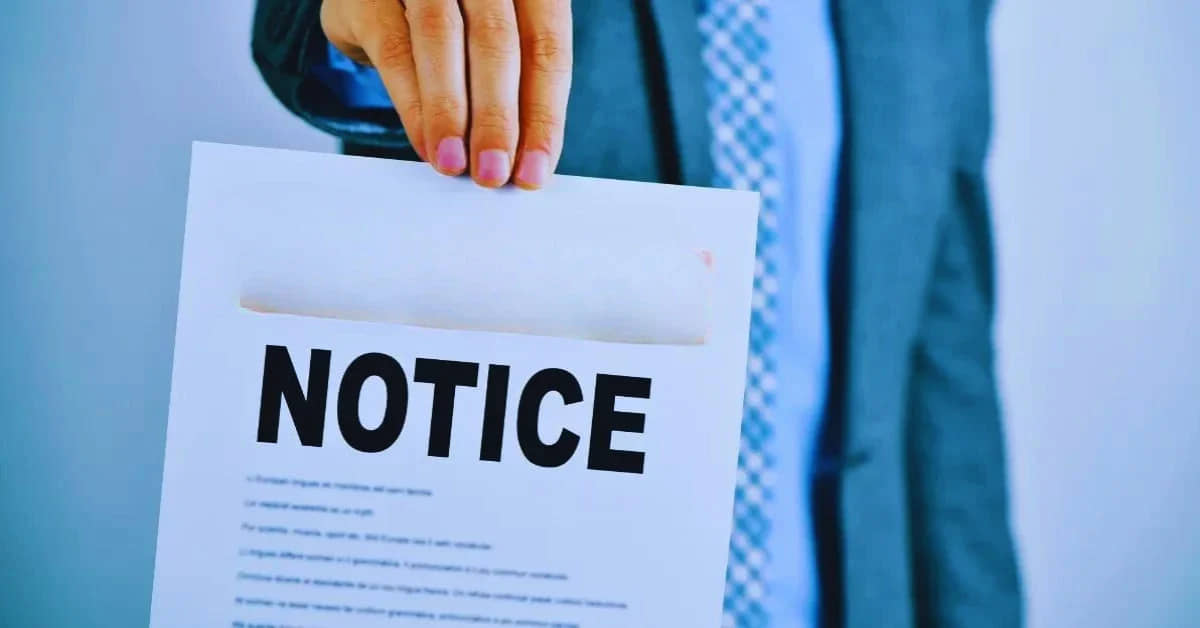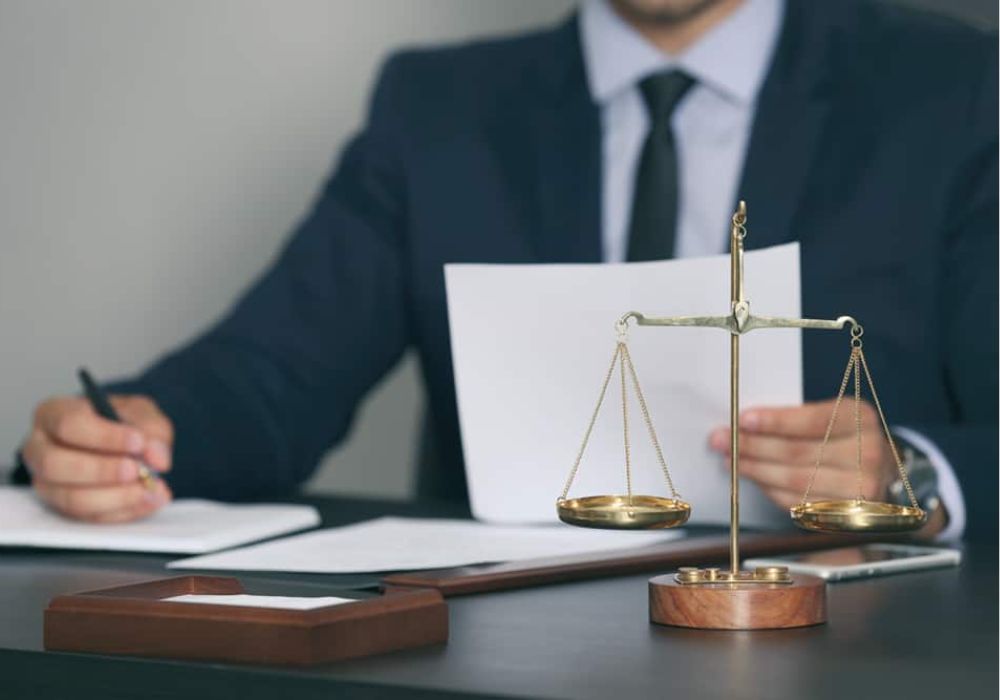Having essential utilities like water suddenly cut off by your landlord without prior notice can create many problems and stress.
In this article, we will discuss the steps a tenant can take when their landlord turns off the water without providing proper notification first. It will address common questions tenants may have about their rights and options in this situation.
What are my rights as a tenant in this situation?
As a tenant, you have certain rights implied in your lease and by law. All tenants are entitled to essential services like water access as part of renting a livable residence based on the implied warranty of habitability.
Your landlord is not allowed to deny you water access without reasonable cause or proper notice of an emergency repair situation.
It is illegal for them to shut off your water unjustifiably. Check your specific rental agreement terms and local housing laws for details on utility access rules.
Related: How Long Can A Tenant Be Without Hot Water?
What should my first step be?

The first step is always communicating with your landlord respectfully and getting their side of the issue. Contact them right away via call, email or certified letter to inquire why the water was disconnected without notice.
It's possible there was an emergency or mistake on their part that can be resolved quickly through open discussion.
Document all contact attempts and responses for your records in case you need proof later. Coming from a place of understanding can make them more likely to cooperate.
What actions can I take if my landlord refuses to restore water service?
If your landlord refuses to turn your water back on after being informed of the problem, you may need to elevate the issue.
Send a formal demand letter restating your rights as a tenant and asking them again to restore service immediately as required by law. Track all documentation of the attempts you've made.
You can then consider filing a lawsuit in housing court for breach of the implied warranty or contacting your local health department or tenants' rights group for help enforcing codes.
What if I can't afford legal action?
If the cost of hiring a lawyer or pursuing legal remedies seems prohibitive, contact your local tenants' rights organization for advice and possible representation at low or no cost.
Most cities and counties have non-profit advocacy groups experienced in tenant-landlord law who may be able to assist you or point you towards free legal aid options.
How can I document everything properly?
Proper documentation is crucial. Send written communications like demand letters via certified mail and keep copies. notes of any phone conversations with details and dates.
Photograph your living space before and during any disruptions. Make sure to record the length of time without water access and any extra expenses incurred from the shut off.
Save all receipts to support potential reimbursement or legal claims later. Your evidence demonstrates a clear timeline of events.
Should I withhold rent payment in this situation?
Withholding rent is not always advisable, as your landlord could initiate eviction proceedings in retaliation.
Some areas have provisions for escrow of rent payments if major issues like this persist, but only as allowed under local housing code. Speak to a tenants' rights advocate before taking this step to understand your specific options and risks.
The safest approaches are open communication and following legal processes.
Are there any other options I should consider?
Mediation can be an alternative to immediately filing a lawsuit. A neutral mediator helps open discussions and may find a mutually agreeable solution.
You can also involve local regulatory agencies that handle housing code compliance like health inspectors to cite the landlord for violations if needed.
Documenting everything and exhausting other remedies first makes the strongest case if legal recourse does eventually become necessary down the road.
Conclusion
In conclusion, while frustrating, staying calm, aware of rights and remedies, and following proper processes is key when having utilities unexpectedly disconnected by a landlord. Not only does this improve chances of a resolution, but also protects oneself from potential retaliation or losing strong ground to stand on legally if the dispute worsens.
Early communication, accurate documentation and tapping guidance from tenants' rights resources are among the best approaches. With determination and protecting one's rights, the situation can be properly addressed.





